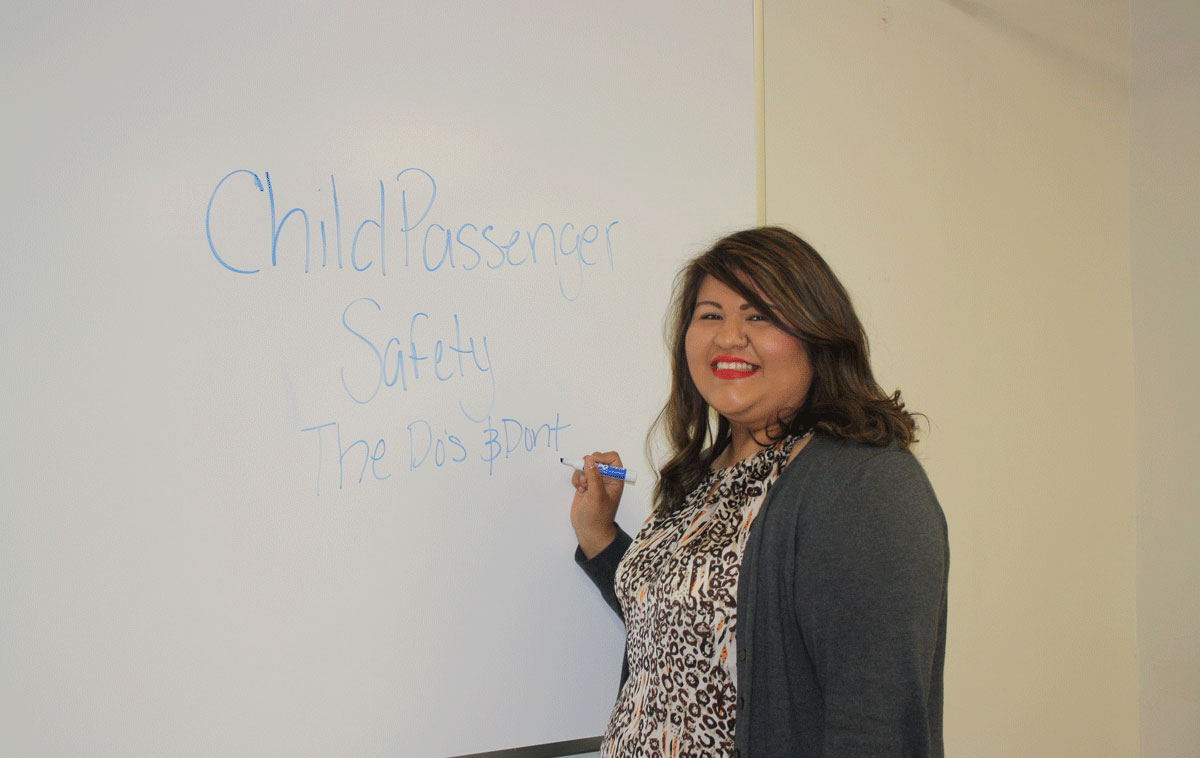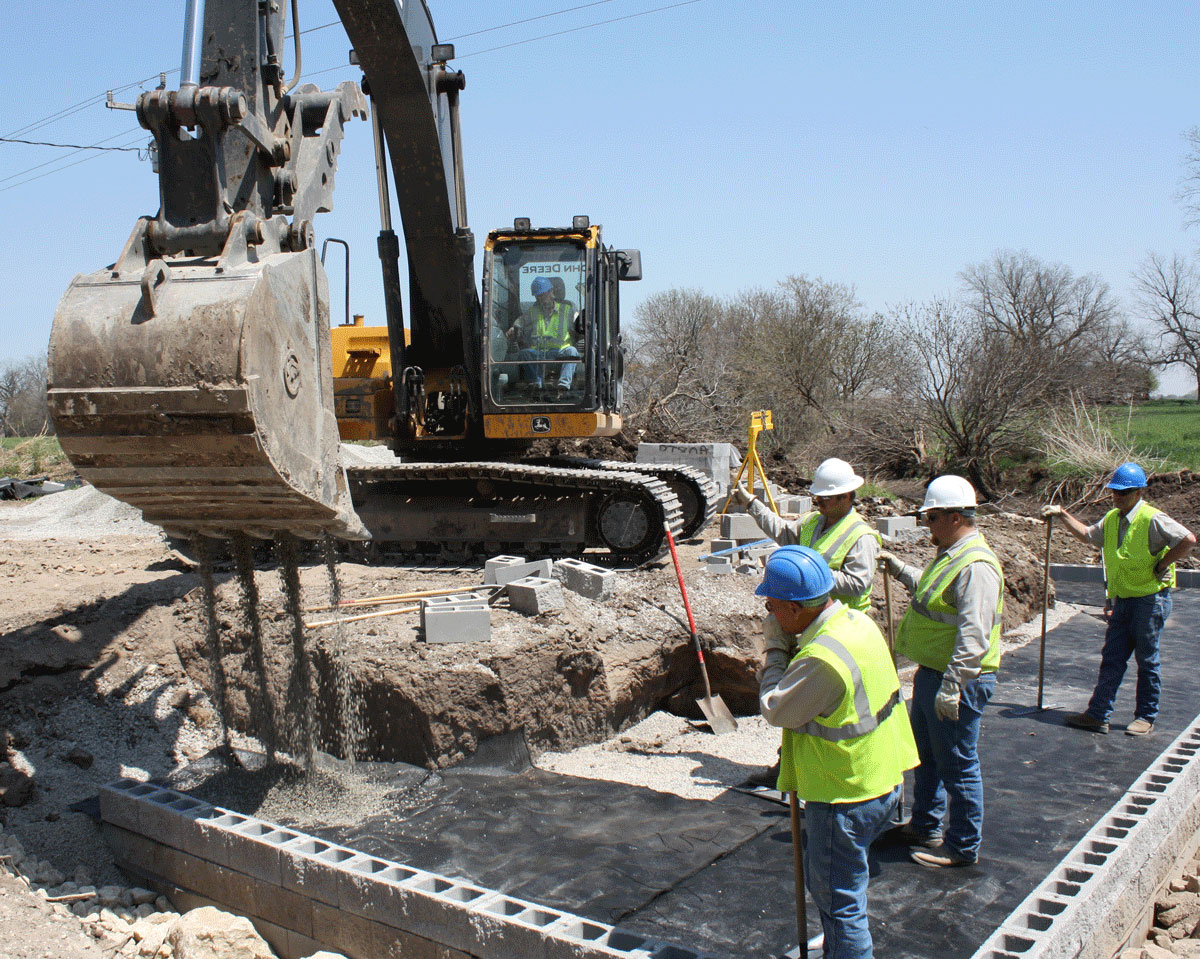A Focus on Transportation
Thursday, November 5, 2015

According to the state’s license plate, Oklahoma is Native America. Boasting a native population of approximately 400,000, it is second only to California in American Indian tribal members. Comprising some 10 percent of the state’s population, tribal citizens are an integral part of the culture and a key element in the economy.
The tribes provide employment through various enterprises and offer valuable resources in rural transportation infrastructure, tourism and transit. For the past 20 years, Oklahoma State University has been collaborating with the tribes to provide training, technology and education through a regional Tribal Technical Assistance Program Center. The center resides in the Center for Local Government Technology as part of College of Engineering and Architectural Technology.
“The Tribal Technical Assistance Program at OSU has been focused on innovation and excellence in regards to meeting the training and technology needs of tribal nations,” says Franklin Akoneto, a budget analyst for the Comanche Nation. “To have an agency that is only a phone call or e-mail away for insight on a particular concern is assurance we are best serving our clients’ needs.”
One of seven regional centers across the United States, the TTAP Center at OSU was started in 1995 to serve the 38 tribes in Oklahoma, as well as four tribes in Kansas and two tribes in Texas. The center was renamed the Southern Plains TTAP Center in August 2012 to more clearly identify its regional nature. TTAP centers provide transportation education, training, technical assistance and related support to Native American tribal governments, personnel and consultants.

Funded by the Federal Highway Administration and the Bureau of Indian Affairs, the Southern Plains TTAP Center strives to develop and expand expertise in road and transportation disciplines, including pavement, bridges, concrete structures, intermodal connections, safety management systems, incident response, transit operations, traffic safety countermeasures, infrastructure management and leadership skills.
Answering the need for transportation safety training and technical assistance, the center has increased its safety training outreach efforts, placing special emphasis on engineering, education, enforcement and emergency management. To date, it has collaborated with five tribes to develop tribal transportation safety plans, which incorporate many elements of the state’s highway strategic safety plan. Other safety plans are currently in the planning stages.
The Federal Highway Administration’s commitment to tribal transportation safety is evidenced in its recent cooperation with the Centers for Disease Control to pilot a Tribal Safety Circuit Rider Program in three regional TTAP centers, including the one at OSU. The program is aimed at improving transportation safety on local roads.
Tabatha Harris was introduced as SPTTAP’s tribal safety circuit rider, on Dec. 1, 2014. She works to expand safety partnerships with tribal, federal, state and local agencies.
“I have a passion for working with Native people and a strong desire to make their lives safer,” she says.
Harris, an OSU graduate, is a member of the Choctaw Nation and previously worked as the injury prevention coordinator for the Kaw Nation.
“The TSCR project has been a goal of our center’s for a long time,” says Jim Self, TTAP manager. “It’s exciting to see it come to fruition.”
Self and Harris are two of the center’s three full-time staff members; Karla Sisco, local government specialist, is the third.
For more information on the center, visit ttap.okstate.edu.
